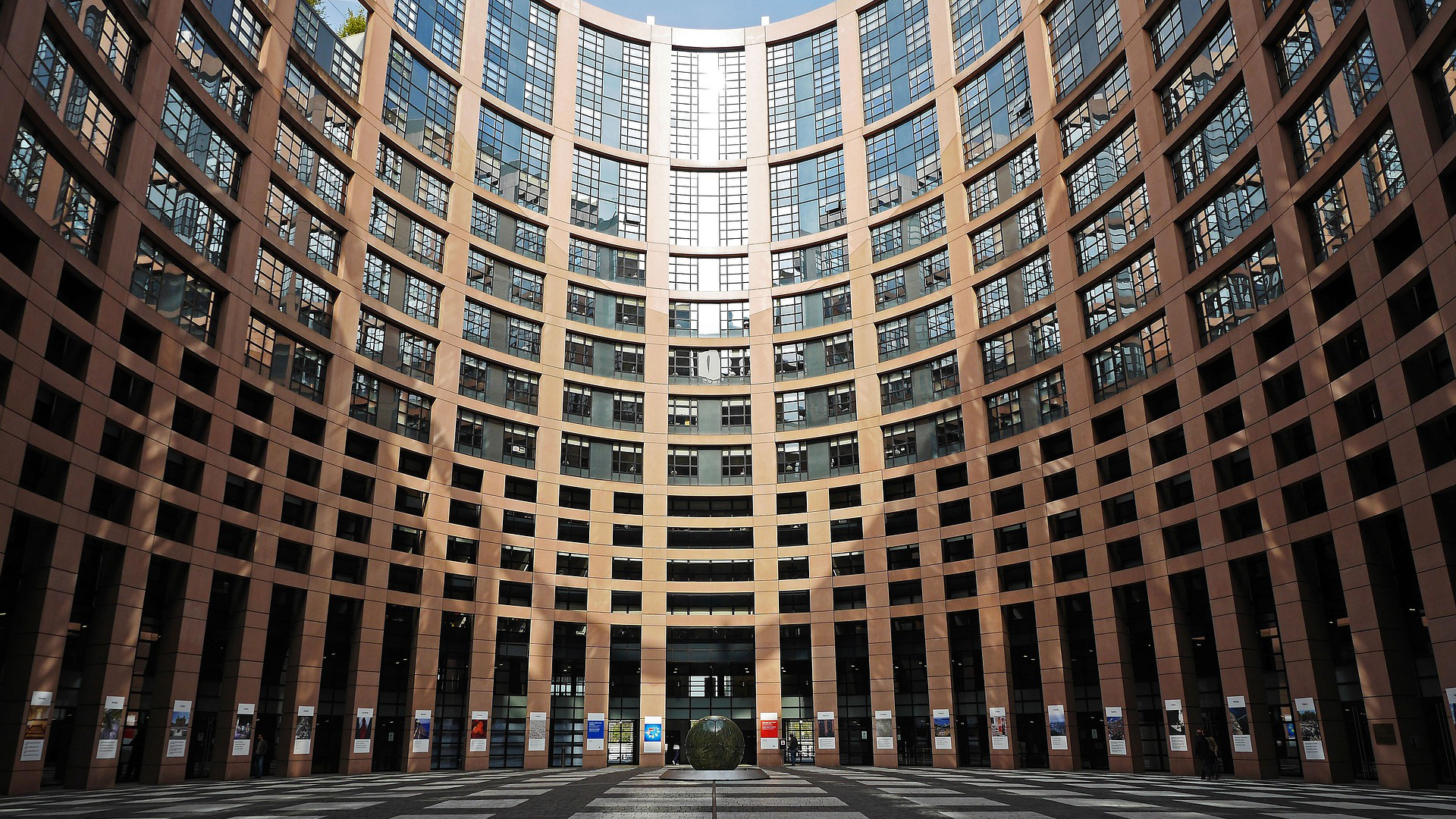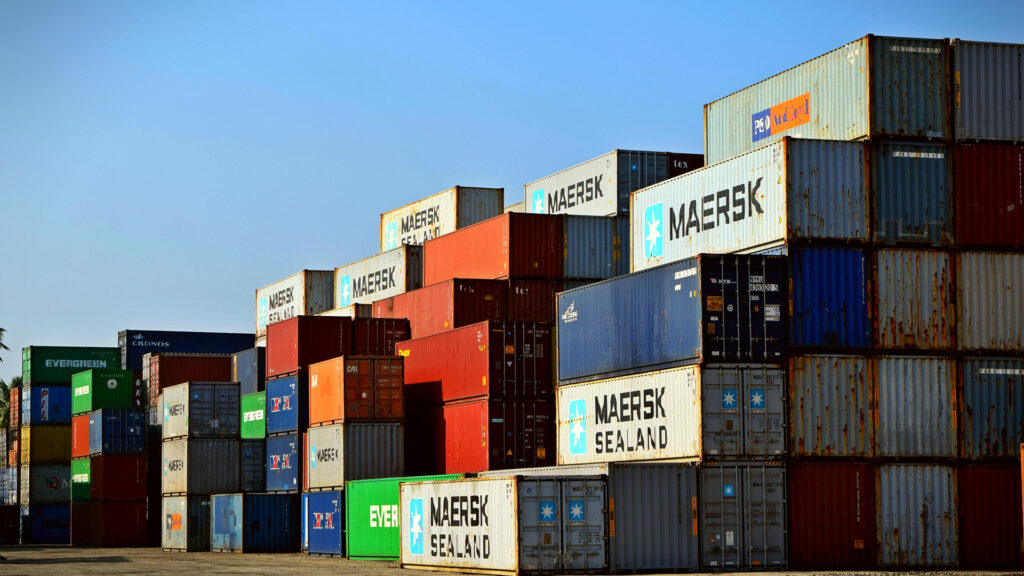On 22 November 2024, the European Union issued an FAQ providing detailed guidance on the “best efforts” obligations for EU entities. These obligations require EU entities to ensure that activities undertaken by their non-EU subsidiaries do not undermine EU sanctions on Russia.
“Best Efforts” Obligations for EU Entities
EU entities are required to take all suitable and necessary actions to ensure their non-EU subsidiaries or controlled entities do not engage in activities that undermine EU’s sanctions against Russia (Art. 8a, Council Regulation (EU) No 833/2014). These undermining activities include actions that produce effects contrary to the purpose of the sanctions, such as a non-EU subsidiary supplying restricted goods or services to Russia.
What “Best Efforts” Require
“Best Efforts” require EU entities to implement tailored policies, controls, and procedures based on their specific circumstances, including size, nature, and location of the entity. Examples of required actions include:
- Establishing internal compliance programs;
- Sharing corporate compliance standards systematically;
- Distributing newsletters and sanctions advisories;
- Mandating sanctions training for staff; and
- Creating procedures to promptly respond to sanctions violations, such as reporting breaches to the EU entity.
Additionally, EU entities must block transactions initiated by non-EU subsidiaries that undermine EU sanctions, using all available means.
While this obligation applies only to feasible actions, entities must consider factors such as the entity’s size, business sector, degree of control, local legal restrictions, and compliance resources. Entities must assess risks thoroughly and avoid actions that could weaken their control over subsidiaries.
Indicators of Non-Compliance
EU entities may face liability if they:
- Have knowledge of activities undermining EU sanctions;
- Fail to take actions that are necessary and feasible to prevent the undermining of EU sanctions by non-EU subsidiaries;
- Fail to block transactions undermining EU sanctions; or
- Fail to carry out appropriate due diligence regarding activities of Non-EU subsidiaries.
Entities cannot claim a “no liability clause” as a defense if they fail to monitor and remain informed about the activities of their non-EU subsidiaries.
Recommended Actions
To comply with these obligations, EU entities should:
- Review Ownership Structures: Identify non-EU entities covered by the obligation based on ownership and control levels;
- Update Compliance Policies: Align internal policies with the latest EU guidance and ensure clear communication to all subsidiaries;
- Monitor Activities: Establish robust monitoring systems to detect and prevent activities that could undermine sanctions; and
- Public Statement: Non-EU subsidiaries may issue public commitments to avoid activities that risk violating EU sanctions or the EU entity’s compliance policies.







